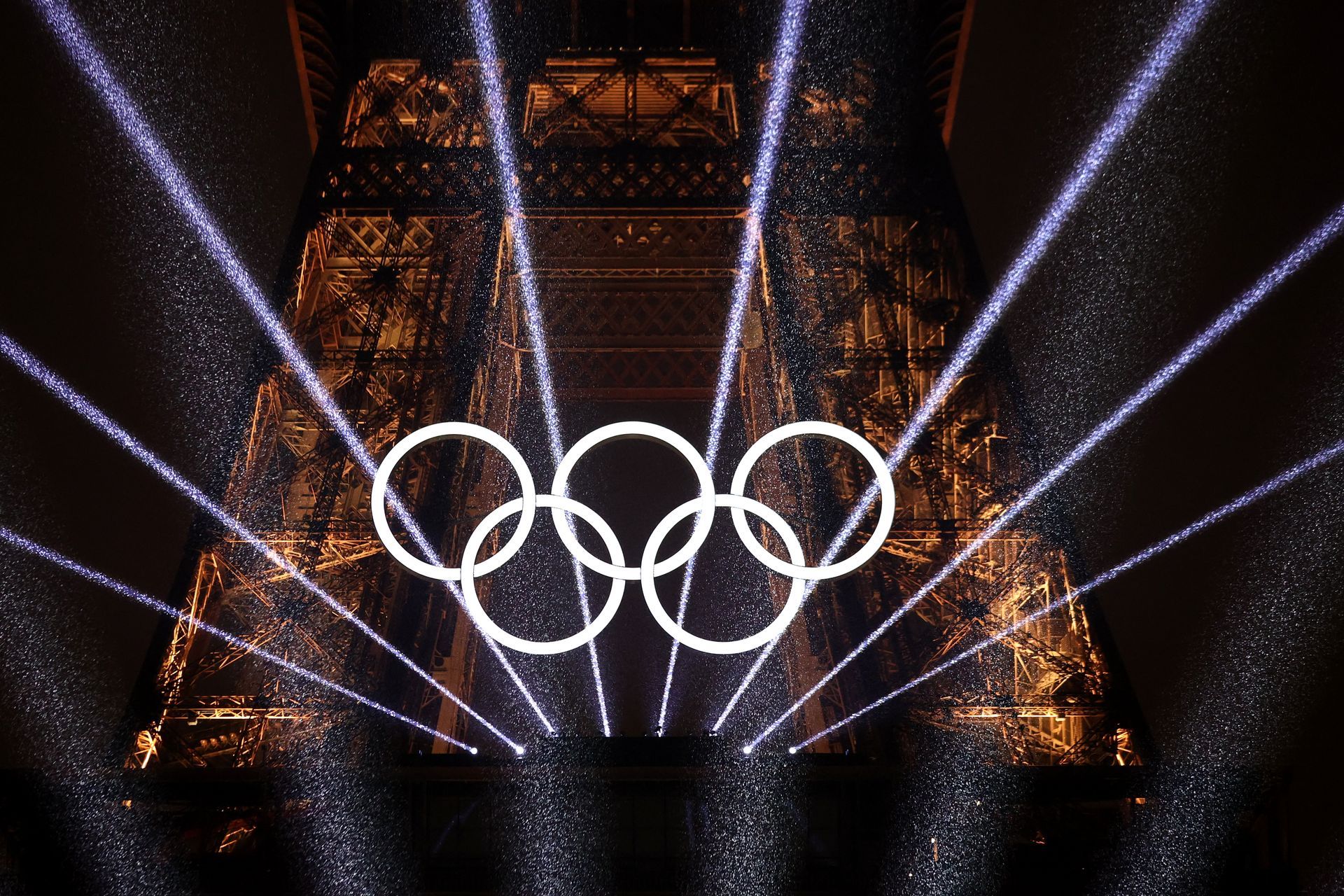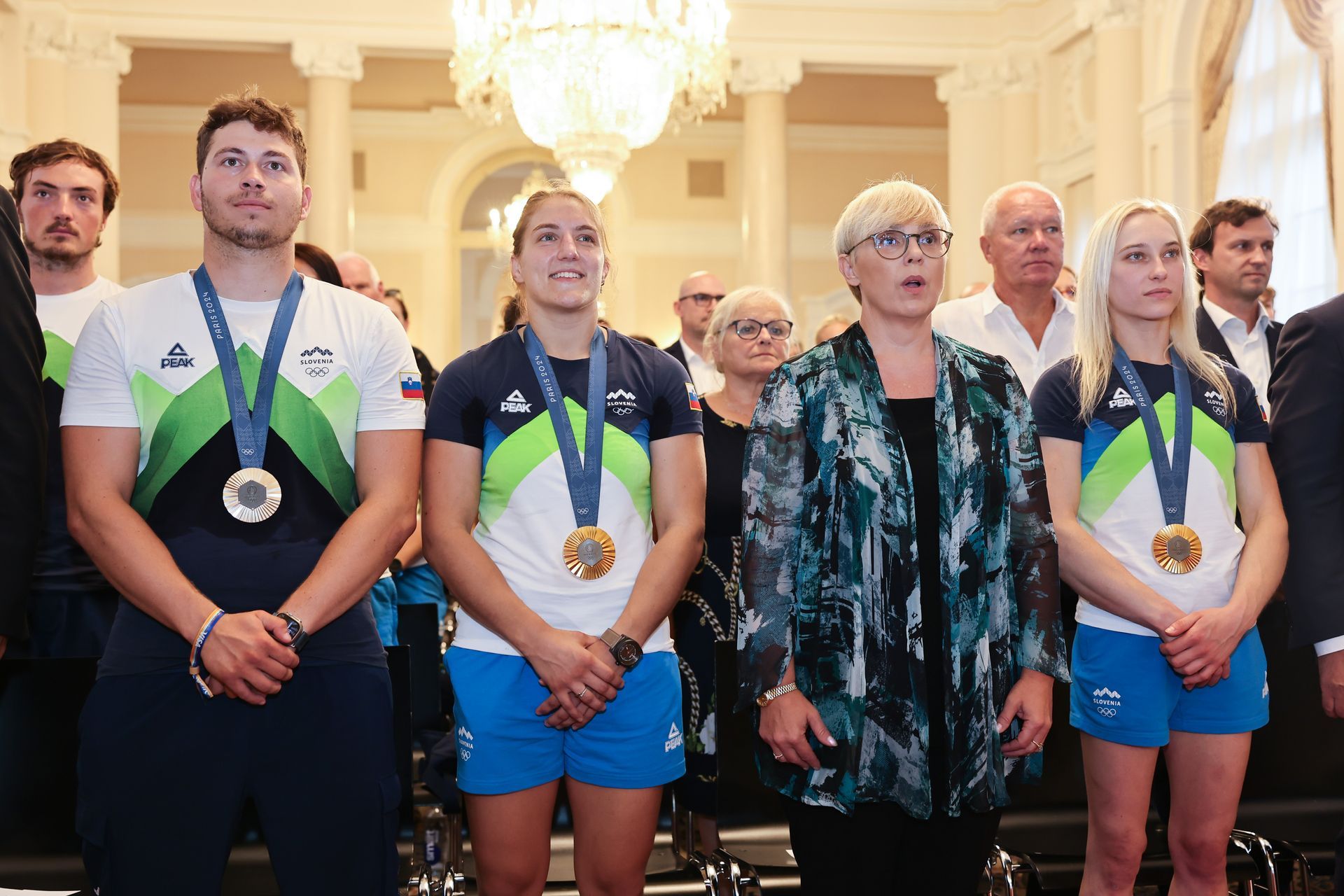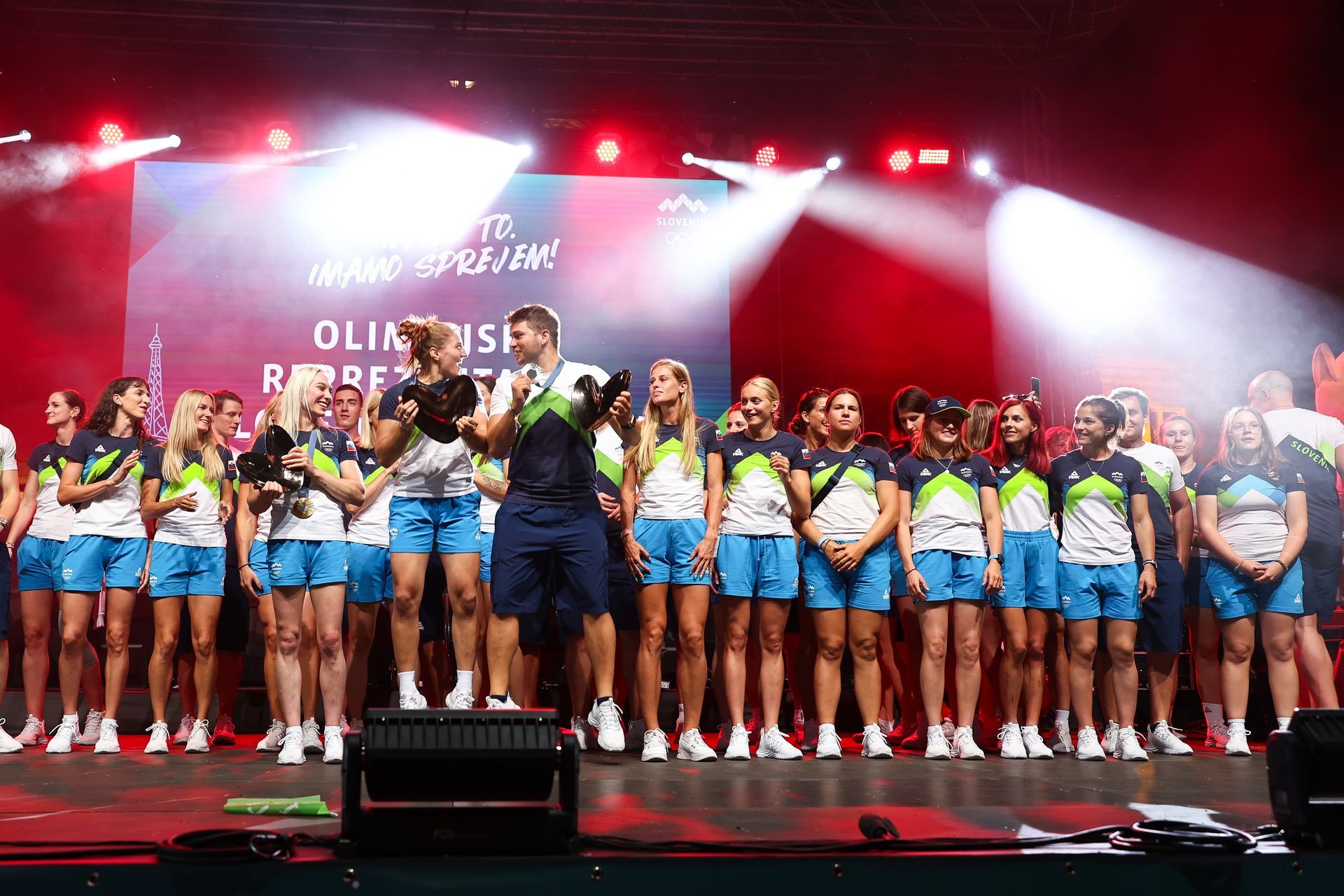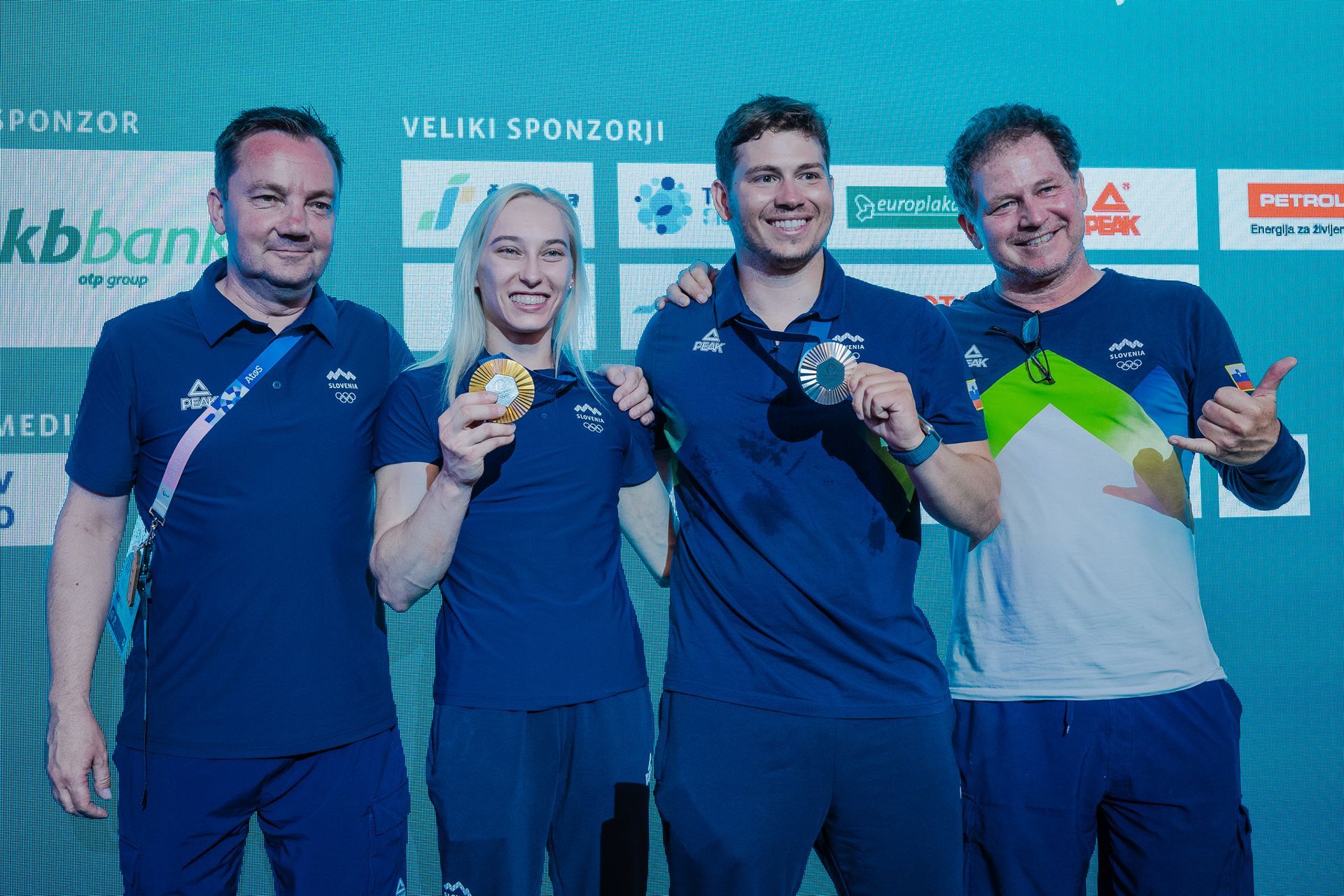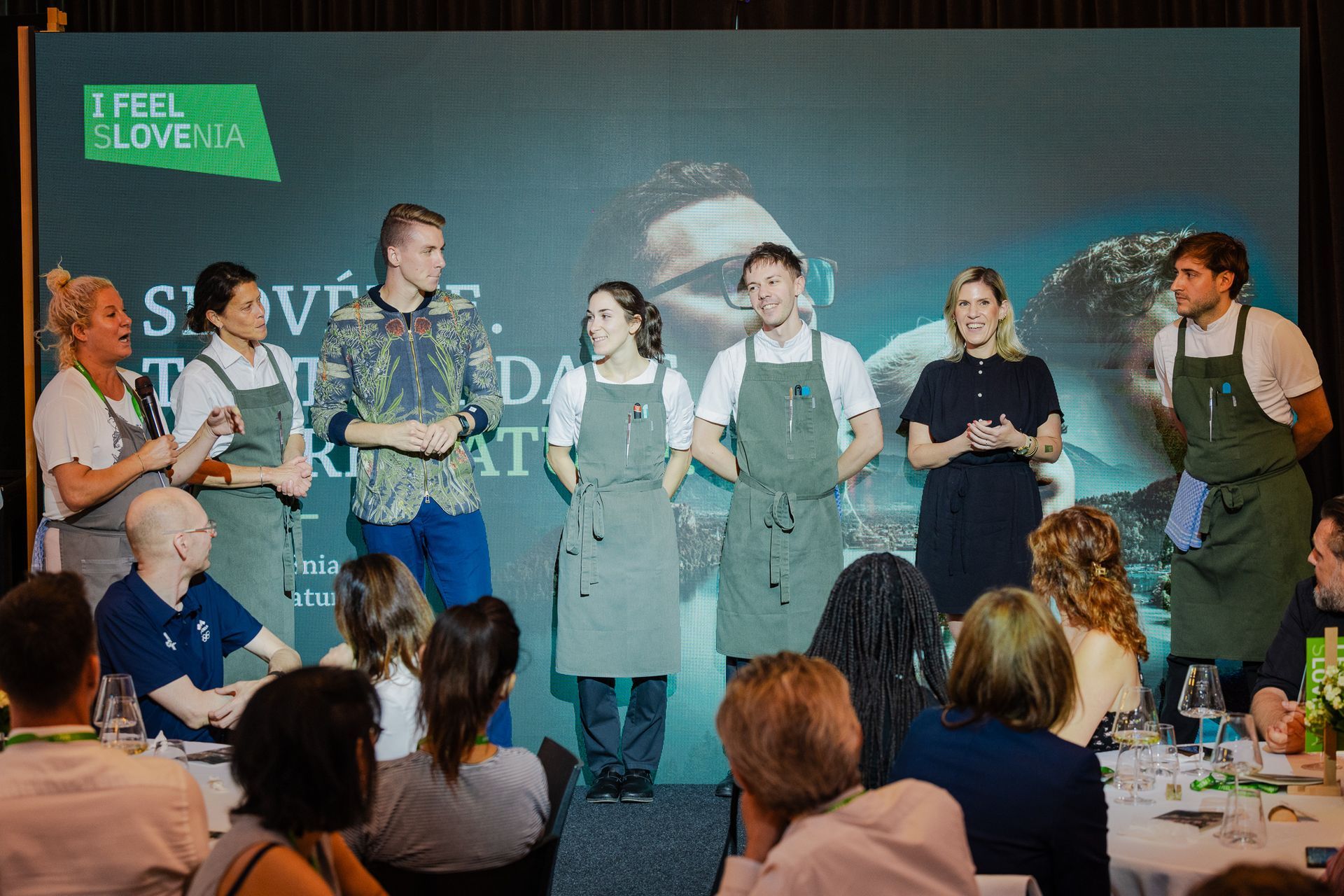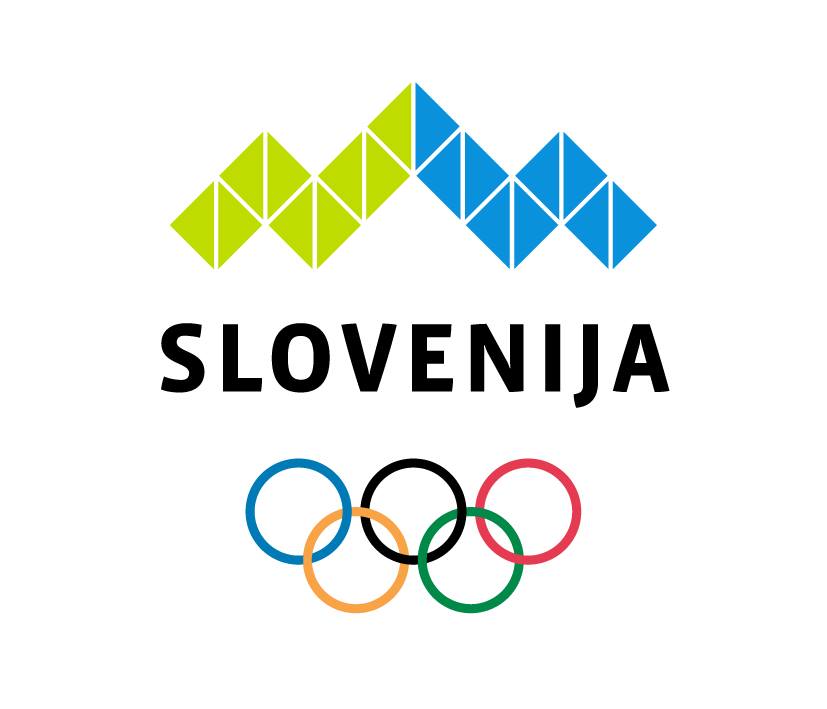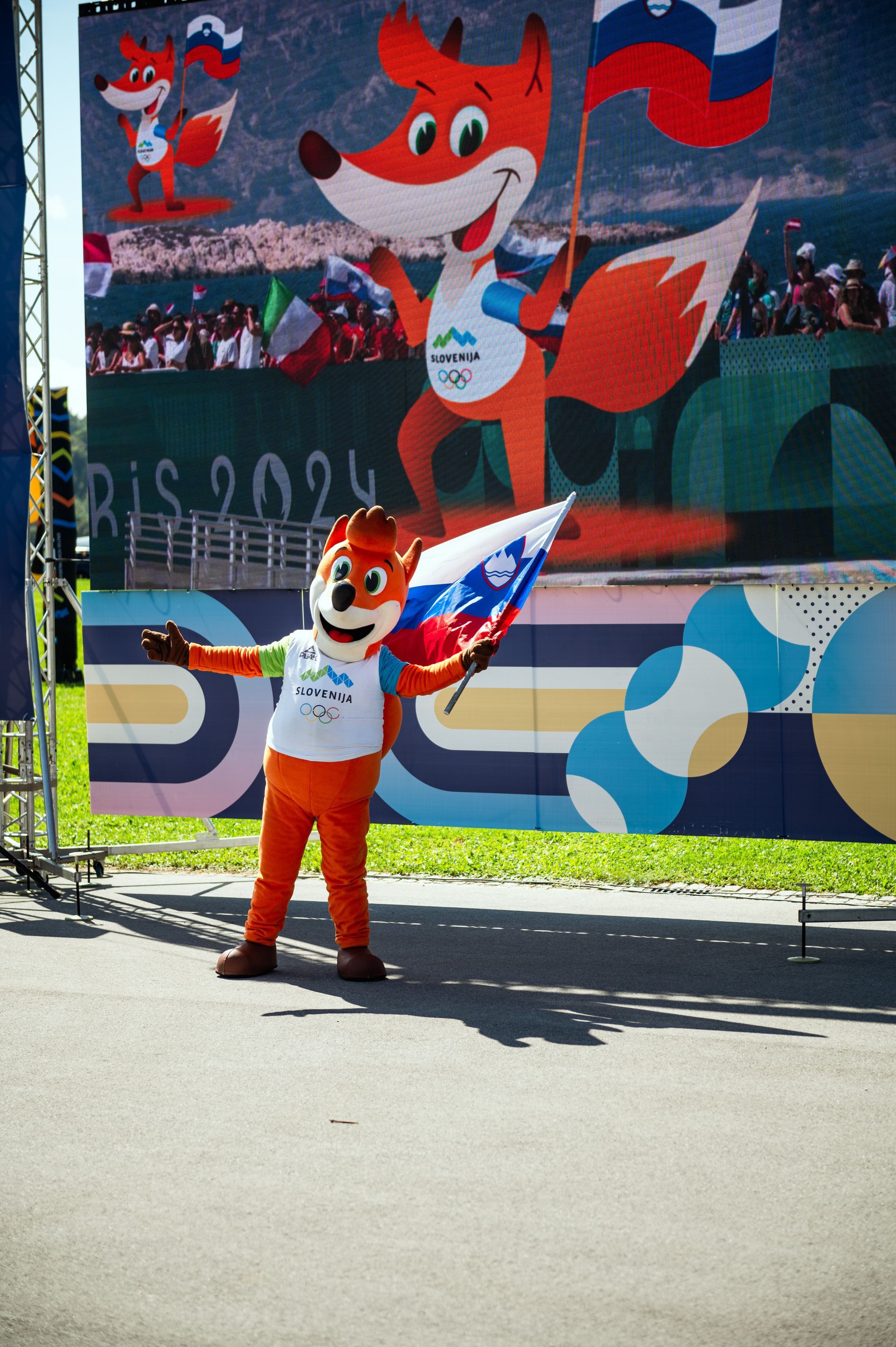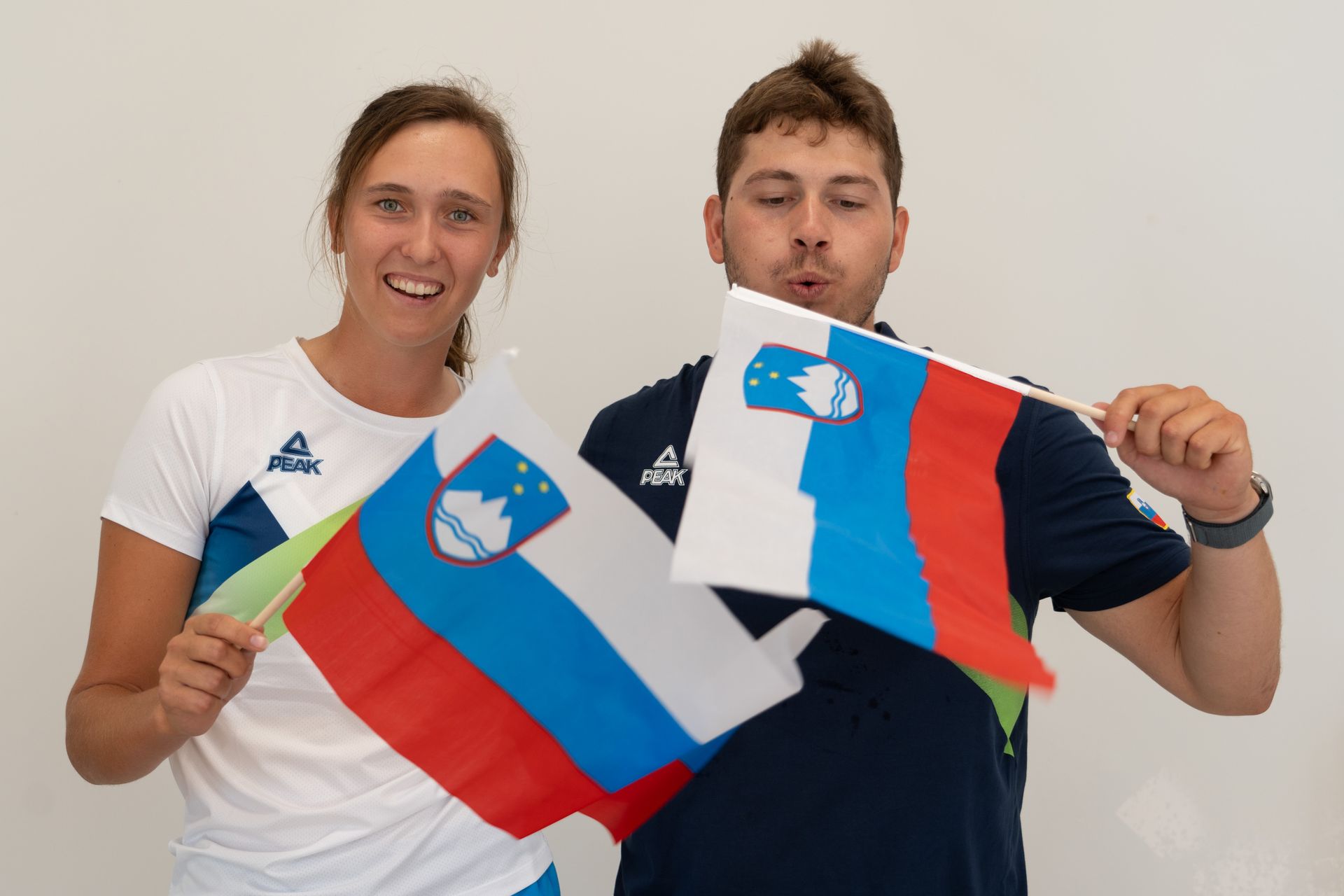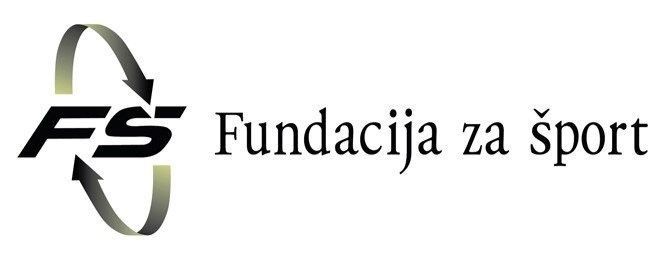Dawn Fraser, World Swimming Legend at the Slovenian House: 'When you start enjoying the sport, the successes come!'
"A beautiful country of very warm-hearted people."
That's how Dawn Fraser, the 87-year-old legendary Australian swimmer who has visited Slovenia several times, describes Slovenia. She always loves coming back to Slovenia, determined that she hasn't explored everything that Slovenian nature has to offer. But she has felt the warmth and openness of the people, who, as she points out, are an extremely important part of her life. She has a special and invaluable friendship with one of our best former athletes, Olympian Andraž Vehovar. "A friendship that lasts and will last forever," she stresses.
As a former Olympian, she was delighted to visit the Slovenian House when she attended the Olympic Games in Paris.
She has had a remarkable sporting career - she has long been unbeatable by her teammates. She has won four Olympic gold medals and four Olympic silver medals and is one of only four swimmers in Olympic history to have won Olympic gold in the same discipline 3 times in a row - in 1956 in Melbourne, 1960 in Rome and 1964 in Tokyo.
She also set a special milestone by breaking 39 world records in the 100 metres freestyle, her flagship event, which no competitor was able to break for 15 years, from 1956 to 1972. That is why she received the Leon Štukelj silver medal with the serial number 39 on her visit to the Slovenian House.
In 1962, she broke a new milestone - she became the first woman to swim 100 metres in under a minute: 58.9 seconds.
"All these records were extremely difficult to break for a long time, as many competitors admitted - I always tried to imagine myself swimming at least two seconds slower than I actually did, challenging myself to speed up and swim much faster than I started. But I was never worried that nobody should beat me - competitive sport should also be based on encouragement. That's why I have always encouraged my teammates and rejoiced in their successes," she told the audience in Slovenia House in Paris.
But she never took setting records for granted. She vividly described what it was like when she broke the one-minute mark: "During that week, my coach and I spent a lot of time training in the pool, I tried really hard, but I couldn't swim the course under 62 seconds. It was extremely emotionally devastating and I almost gave up. Then my coach advised me to take a break, have some time off to rest, and to skip the morning training and not get back in the pool until the next day. But I was determined all along that I wanted to break the record and I wanted to complete the course in under one minute, so I was ready to do anything. When I woke up very early the next morning, I wanted to go straight back to the pool to try again as soon as possible, but my mother convinced me to follow my coach's advice and wait until the evening. In the evening, I came to practice completely relaxed, unburdened, determined - I swam and covered 100 metres in less than a minute. I felt amazing, and it was exactly as my coach had predicted - once I started to really enjoy swimming, the successes started to come."
Part of our conversation with her at the Slovenian House was about the position and perception of women in sport. Dawn pointed out that female swimmers will of course never be able to swim as fast as men, which is a fact, and that she doesn't expect women to ever swim under 50 seconds. However, she stressed that, unlike when she was swimming, respect for women in sport is now at a very high level. By having a balanced number of female and male athletes at the Olympic Games, women have become stronger and also more visible. Even in the Australian Olympic team, where 55% of the athletes in Paris are women.
The 87-year-old still enjoys exercise and tries to stay as active as possible - as much as her body will allow. "My whole life I've been following the idea that you have to be physically active and enjoy it. I've always given my best in training, and I've tried to do even more in competitions. I still believe that being active keeps me healthy. For now, only my legs are working a little less well, I am walking a little harder. But I try to exercise as much as I can and swim as well - and the recipe for a happy life is to be able to live life peacefully and beautifully," added Dawn Fraser, who is watching the Olympic Games in Paris with her daughter and 21-year-old grandson.
More photos at GALLERY.
